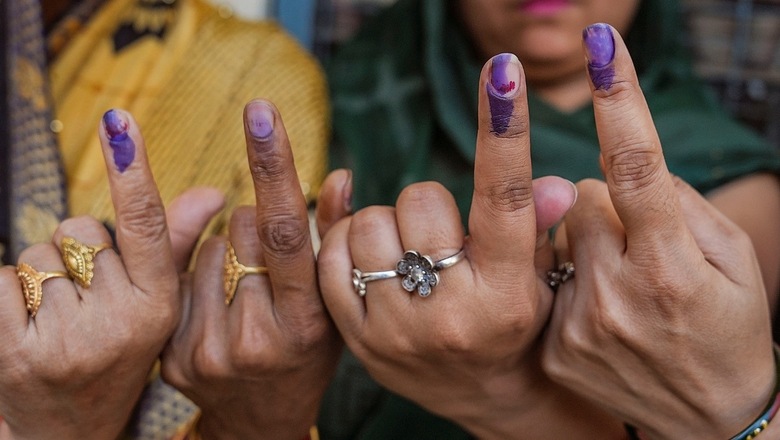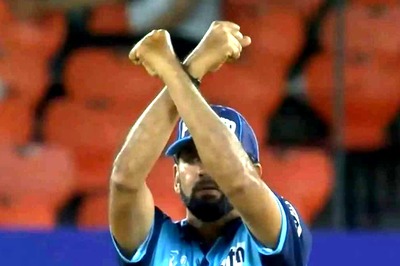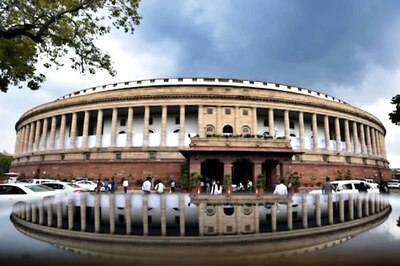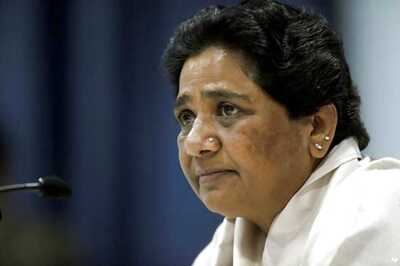
views
And “judgement day” is here. About Saturday’s Phase 6 of the Lok Sabha battle, it is safe to say that ballot boxes in seven constituencies will hold the answer to who will win the 2024 elections. History tells us that Delhi’s voters, spread across seven constituencies, have their finger on the national pulse. Perhaps being close to the corridors of power, they have acquired an incomparable insight into who is best suited to govern India. The party they have picked in nine consecutive Lok Sabha elections, over a span of nearly four decades, has either gone on to form the government on its own steam or has provided the Prime Minister at the head of the national coalition.
Let’s begin with the Lok Sabha elections of 1989. Delhi’s seven seats saw the Bharatiya Janata Party led by Atal Bihari Vajpayee win four seats, while VP Singh’s Janata Dal netted one seat, and the Congress won the remaining two seats. The mixed verdict, where each party won some seats but couldn’t dominate, mirrored the messy outcome at the national level. India was to have its first coalition government since 1977. VP Singh was prime minister, and the BJP lent the government support.
Just two years later in 1991, the Janata Dal was wiped out in Delhi: the Congress won two and the BJP five. But less than 0.5% vote share separated the two parties. The indecision among Delhi’s voters reflected a split mandate which was echoed by voters across the country. The Congress cobbled together a coalition under ignominious circumstances denying its adversaries a stab at government formation.
In the 1998 and 1999 Lok Sabha elections, the Delhi voter was quite decisive. The BJP swept Delhi, winning six out of seven and seven out of seven seats respectively. Atal Bihari Vajpayee formed the NDA government at the Centre.
But Delhi was going to desert the BJP again. This time in 2004 and 2009 when the BJP was wiped out in the capital. The Congress triumphs also saw the NDA lose power at the Centre.
And since then the Capital’s voters have resolutely stood behind the Narendra Modi-led BJP in 2014 and 2019. The unambiguous backing for the BJP was also reflected at the national level by voters across India who voted in the first majority governments in 30 years.
The Prime minister will be hoping that he continues to make an impression on discerning Delhi voters. Because if he hasn’t, then he will be tempting history to return to power.
And yes, before we forget, consumed as we are by the disproportionate importance of Delhi’s seven constituencies and their voters, Phase 6 is also seeing contests in seven other states and union territories to elect 51 MPs. Including Delhi, the BJP and its NDA allies won 42 of these seats last time. The Congress-led UPA won seven seats and the remaining eight were split between the Bahujan Samaj Party and the Biju Janata Dal.
Explore in-depth coverage of Lok Sabha Election 2024 Schedule, Voter Turnout, Upcoming Phase And Much More At News18 Website




















Comments
0 comment